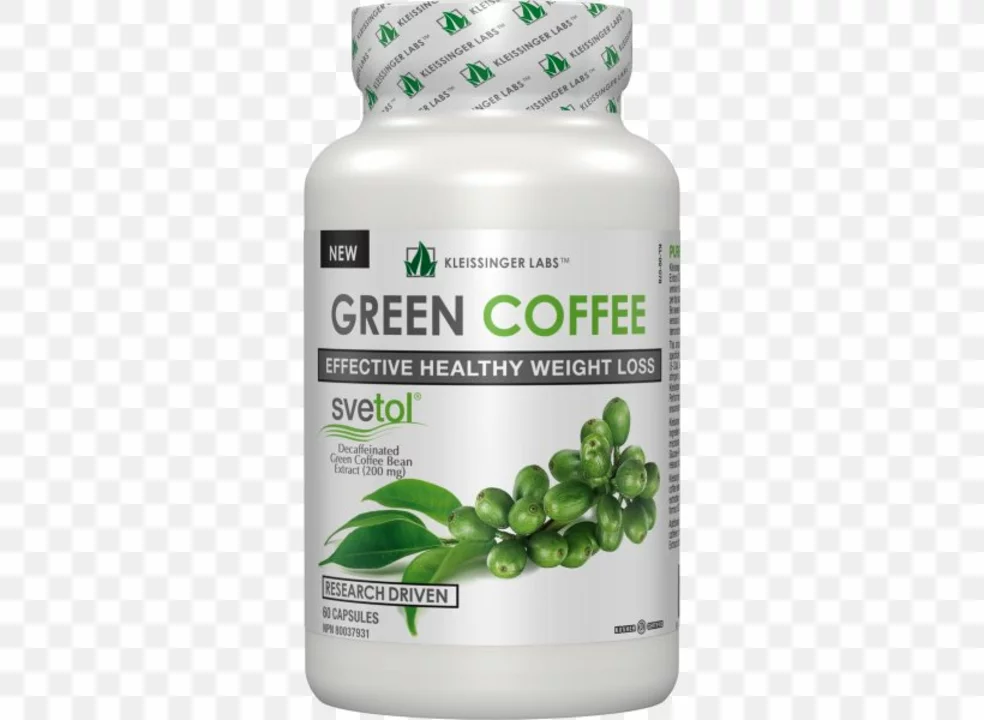Bean pod sounds simple, but it covers a lot: vanilla beans, cacao pods, carob pods and even certain legume pods that people eat or turn into supplements. Some are used for flavor, some for nutrients, and some appear in herbal or dietary products. If you’re curious whether a bean pod product is worth your money or safe with your meds, this guide gives clear, usable answers.
Vanilla beans are the long dark pods you scrape for flavor. Cacao pods hold cacao beans that make cocoa and chocolate; the pod husks sometimes become teas or fiber supplements. Carob pods are naturally sweet and used as a cocoa substitute in powders and snacks. Edible legume pods like green beans or runner beans are food staples and can be dried or powdered into protein blends.
People buy pods as whole ingredients for cooking, buy extracts or powders for supplements, or use pod-derived products in herbal blends. Check the label: "vanilla extract" differs from "vanilla bean powder" in strength and how you use it. Same goes for cacao nibs versus cacao husk tea — different taste, different nutrient profile.
Buy from a brand that lists where the pods came from and how they were processed. For food uses, look for food-grade labels and minimal additives. For supplements, choose companies that provide a supplement facts panel and third-party testing info.
Store whole pods in a cool, dark, dry place. Vanilla beans keep best in an airtight container. Cacao husks and carob powder should be kept away from moisture to avoid mold. If a pod product smells off or shows white fuzzy spots, don’t use it.
When using pod extracts with medications, be cautious. Vanillin or other compounds in vanilla usually aren’t a problem, but concentrated extracts and herbal pod products can affect drugs. If you take blood thinners, diabetes meds, antidepressants, or strong blood pressure drugs, check with a clinician before starting a new concentrated pod supplement.
Cooking tip: vanilla bean scrapings are more aromatic than extracts for the same quantity. For cacao husk tea, steep a small amount first to test bitterness. Carob powder is sweeter than cocoa and works well in baked goods without added sugar.
If you want tested products, look for third-party seals like USP, NSF or an independent lab report on the seller’s site. For herbal pod blends, avoid vendors that make bold medical claims — reputable sellers share chemical profiles and safety data instead.
Want more reading? See our articles on related supplements like "The Science Behind Coca," "Unlocking the Health Benefits of Autumn Crocus Supplements," and "Unlock a Healthier Life with Cowslip." Those pieces dig deeper into specific plant supplements and safety notes you’ll find useful when evaluating any pod-based product.

As a health enthusiast, I recently discovered Bean Pod, a dietary supplement that has truly changed my life. In my journey to a happier, healthier me, I found out that Bean Pod is packed with essential nutrients and antioxidants. Not only does it promote better digestion and weight management, but it also supports immune health. Plus, it's so easy to incorporate into my daily routine. I genuinely believe that everyone should give Bean Pod a try for a happier, healthier version of themselves!
